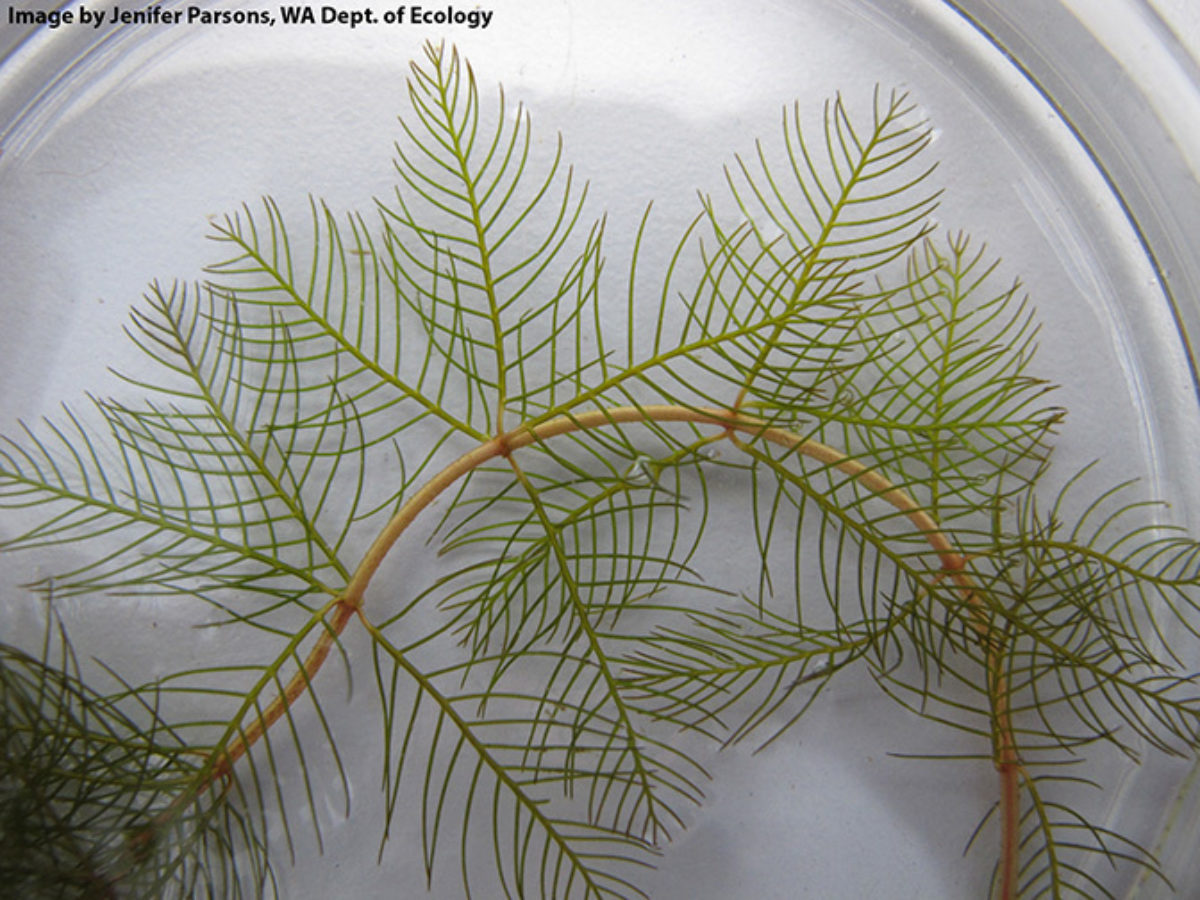
Weed Watcher Toolkit
Join a Growing Community of Newfound Weed Watchers
Weed Watchers protect Newfound Lake from invasive aquatic plants by surveying Newfound's near-shore area for signs of invasive plant growth. Weed Watching usually takes place once a month from late May through August. It is a great way to better understand the ecosystem of your favorite part of Newfound Lake and adds an interesting layer to any trip out on the water. Learning what to look for is key.
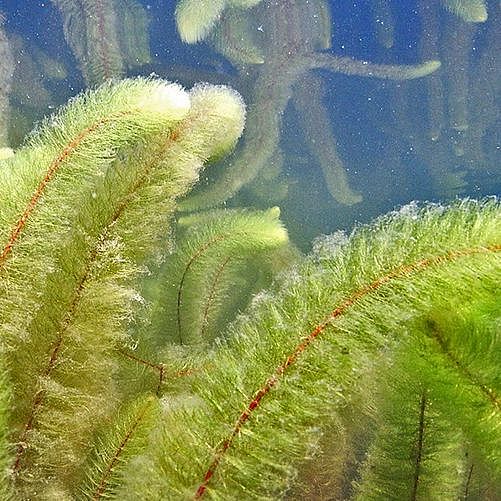
Variable milfoil
Myriophyllum heterophyllum (Michx)
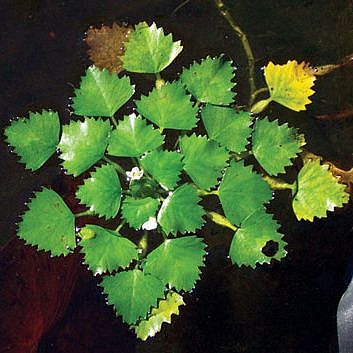
Water chestnut
Trapa natans
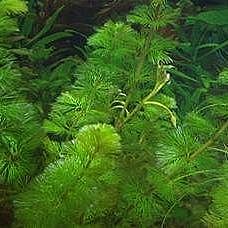
Fanwort
Cabomba caroliniana
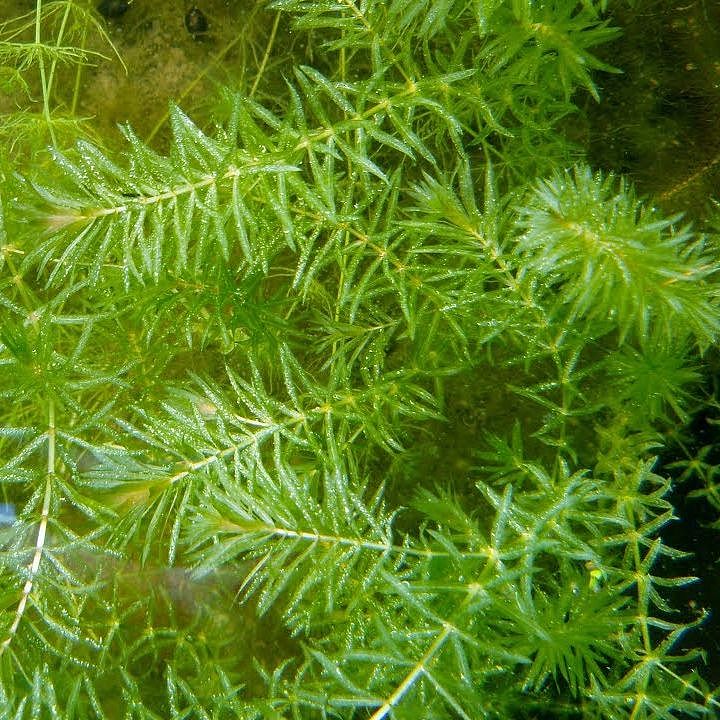
Hydrilla
Hydrilla verticillata
Register for One of Our In-Person Trainings Today!
Weed Watcher training events are posted on our Events Calendar.
Can’t make it to one of our scheduled trainings but have a group of potential Weed Watchers? We will come to you and train your friends, family, or neighbors on what to look for right from your dock! This is a great way to get school groups, camps, and Homeowner Associations involved in protecting Newfound Lake.
Contact: Paul@NewfoundLake.org for more information and to arrange a visit.
Resources for Trained Weed Watchers
Technical Resources
Survey123 Guide for Weed Watchers
Weed Watching Equipment Available
- AquaScope Underwater Viewer
- Clear Bottom Kayak: Email Isabella@NewfoundLake.org to reserve.
Dyi Weed Watching Gear
Please direct any questions, concerns, or suggestions to:
Conservation Program Manager
Paul Pellissier | 603-744-8689 | Paul@NewfoundLake.org
Seasoned weed watchers and folks just getting started will all benefit from checking out our online library of Weed Watching resources.
Resource Library
Statewide Resources
- NHDES Weed Watcher Program Overview
- NHDES Weed Watcher Training Webinar
- NHDES Aquatic Plants of Newfound Lake
- NHDES Weed ID Webinar
- NHDES Cyanobacteria Factsheet
How to Conduct a Weed Watching Survey
Guides, Identification and Factsheets
- Maine Field Guide to Invasive Aquatic Plants
- Aquatic Plants and Algae of New Hampshire's Lake and Ponds
Printable Quick ID Sheets
Fact Sheets
Other non-invasive things be looking for:
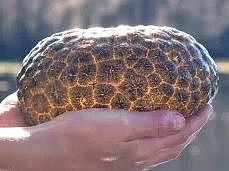
A gelatinous freshwater relative of coral that predates the dinosaurs by 270 million years!
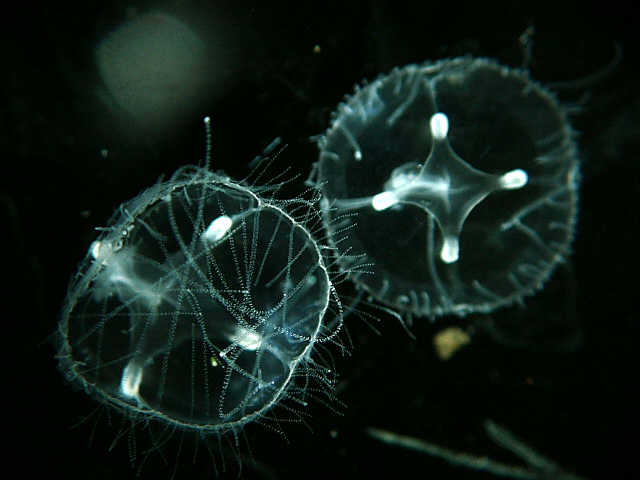
That's right, they do exist! Be on the lookout for these rare quarter-sized non-stinging (to humans) jellies.
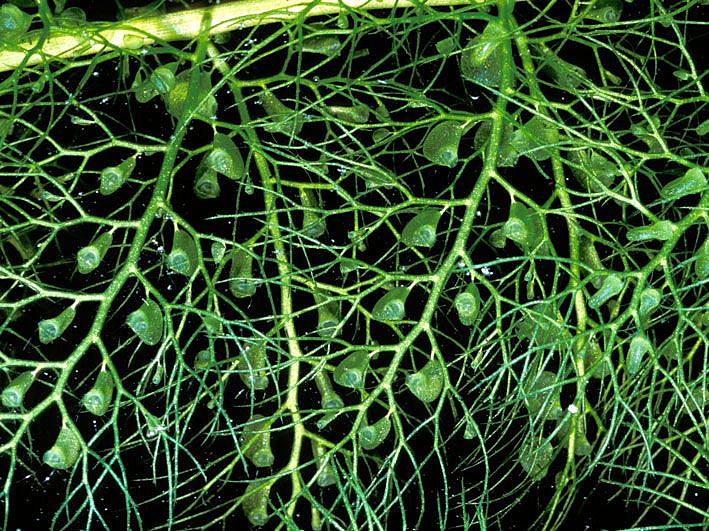
Bladderwort is a native carnivorous plant that is often misidentified as milfoil.